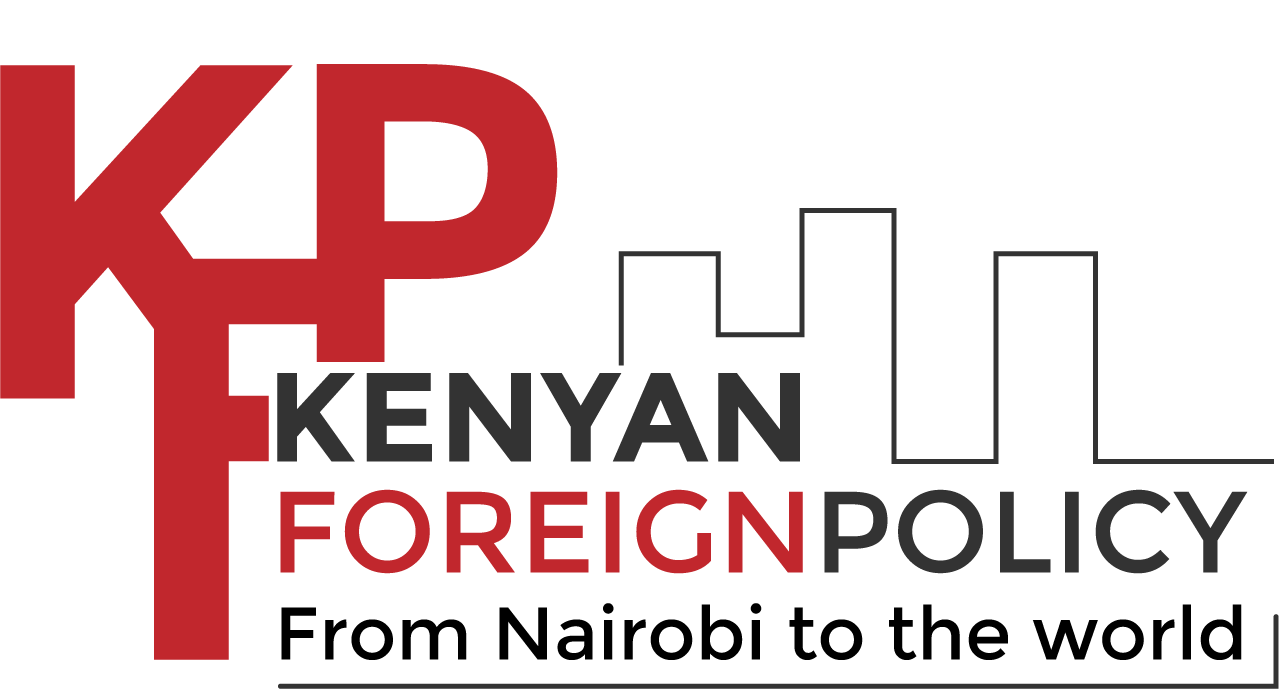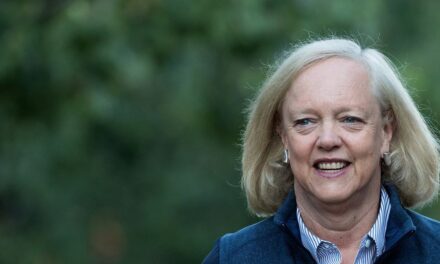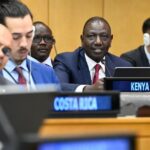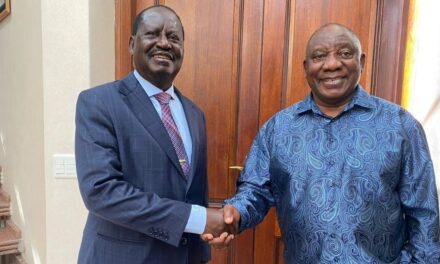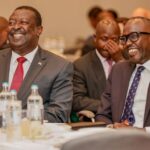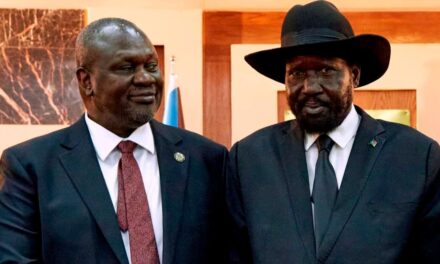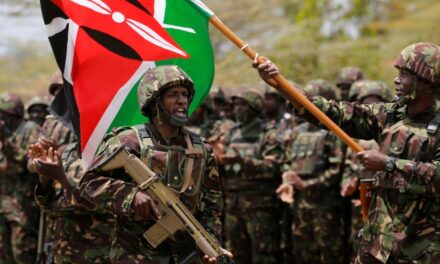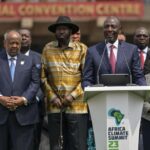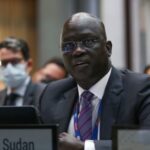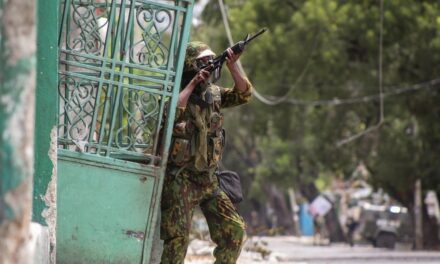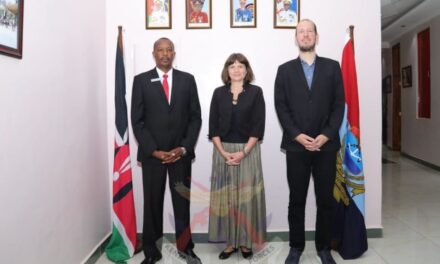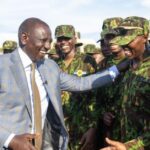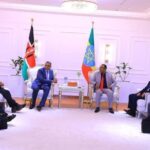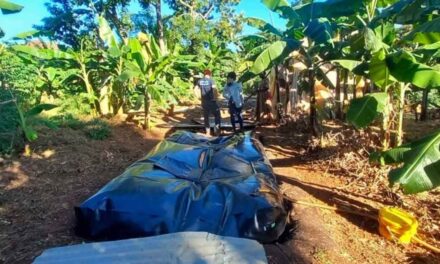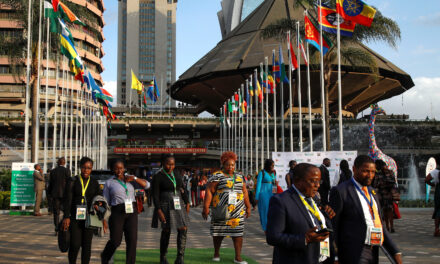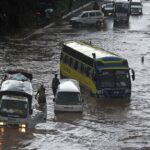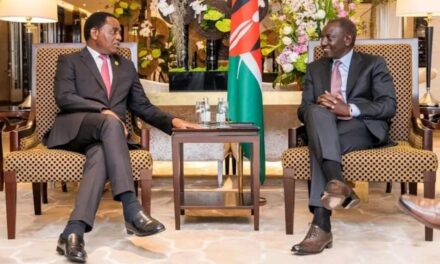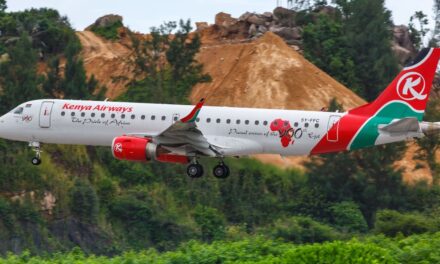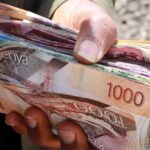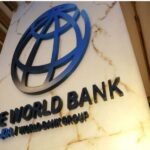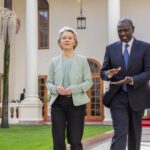

South Africa Denies Endorsing Raila’s AUC Bid
By Mwangi Maina
| November 10, 2024

Raila Odinga speaks at a media roundtable in Addis Ababa on Saturday, November 9, 2024, following the Friday launch of his AUC bid. Photo: Handout
In a striking denial, South Africa has dismissed claims that it supports Raila Odinga’s bid for the African Union Commission (AUC) chairmanship.
The rebuttal follows the circulation of a poster listing Pretoria among capitals backing Odinga.
The poster, which spread widely on Kenyan social media platforms on Sunday, named South Africa alongside 15 other African nations as supporters of Odinga’s bid, sparking heated discussions online.
South African Presidential Spokesperson Vincent Magwenya expressed concern about the use of unverified campaign materials, telling KFP, “The use of fake campaign posters claiming support that has not been given in campaigns or issues at multilateral institutions is disturbing and sadly begins to erode Kenya’s standing.”
Magwenya continued, “The continued misinformation is reducing the seriousness of campaigns in your country at multilateral level. It’s a pity. But no such support has been officially expressed.”
The poster in question depicted countries like Nigeria, Angola, Algeria, and Seychelles as backing Kenya’s candidate for the top AU role.
The assumption of South Africa’s endorsement also stems from Odinga’s longstanding political and business ties with South African President Cyril Ramaphosa.
However, Pretoria had been silent on this until Magwenya clarified that no official endorsement has been issued.
Divergent Foreign Policy Stances
The diplomatic relationship between Nairobi and Pretoria has at times been marked by divergent positions on several critical issues, including the conflicts in Ukraine and Palestine.
South Africa, which leans heavily towards Russia in the Ukraine conflict and is a vocal supporter of Palestinian rights, took legal action against Israel at the International Court of Justice (ICJ) on grounds of genocide.
The ongoing Palestine-Israel conflict has become an emotive and divisive topic at the AU, with Pretoria and Algiers leading the opposition when the AU granted Israel observer status in 2022.
In February 2023, South Africa took a stand once again, and this led to the expulsion of Israeli diplomats from the AU summit hall, highlighting its pro-Palestine position.
In contrast, Kenya has taken a more moderate stance on these issues, refraining from direct opposition to Israel’s AU observer status bid.
Western Sahara Conflict
Another point of tension that showcases the differing policies of Kenya and South Africa is the Western Sahara dispute.
South Africa is a staunch supporter of the Sahrawi Arab Democratic Republic (SADR) and regards Morocco’s presence in Western Sahara as colonial.
Pretoria’s relationship with Morocco remains strained, with no ambassador currently assigned to Rabat.
In contrast, Kenya has recently taken a softer stance on Western Sahara.
President William Ruto publicly acknowledged Morocco’s claim to the region shortly after assuming office, even tweeting about cutting ties with the SADR following discussions with Moroccan top diplomat Nasser Bourita.
Although Kenya eventually walked back this statement, the incident highlighted Nairobi’s shifting stance, a move seen by some AU members as compromising Kenya’s credibility.
While Kenya maintains an SADR embassy in Nairobi, it has downgraded its diplomatic engagement with the region.
Raila, who like Ruto is an admirer of Morocco, aligns with Rabat’s stance on Western Sahara, viewing it as part of Moroccan territory.
The 79-year-old political veteran previously visited Dakhla, a disputed area, and shared his stance openly, tweeting, “In Dakhla, Western Sahara, a region of Morocco.”
Your support empowers us to deliver quality global journalism. Whether big or small, every contribution is valuable to our mission and readers.
